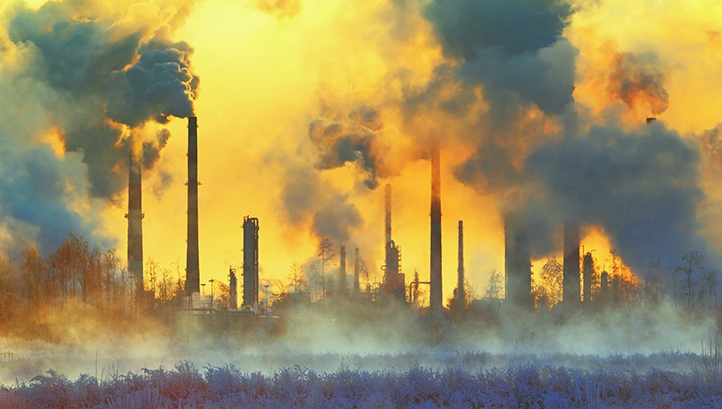WOBO Governor David Gibson thanks “edie” for the link to the article by Matt Mace.

The world is on course to produce around 110% more fossil fuels than what is compatible with a 1.5C future, according to a new UN report warning that governments plan to double fossil fuel production by 2030 despite setting net-zero targets.
The UN Environment Programme (UNEP) has this morning (20 October) published the 2021 Production Gap Report. The report, first launched in 2019, measures the gap between national fossil fuel production plans and the level of global fossil fuel usage that would be consistent with the Paris Agreement.
The latest report warns that despite almost three-quarters of the global GDP being covered by actual or intended net-zero strategies, the fossil fuel production gap still remains incompatible with the aims of the Paris Agreement.
UNEP found that governments plan to produce more than double the amount of fossil fuels in 2030 than what would be consistent with limiting global warming to 1.5C. In fact, fossil fuel production looks to be around 110% more than would be consistent with limiting warming to 1.5C and 45% more than consistent with 2C by 2030.
National production projections from nations such as the UK, the US, Germany and Brazil all look set to contribute to creating 240% more coal, 57% more oil, and 71% more gas in 2030 than would be consistent with limiting global warming to 1.5C.
“The devastating impacts of climate change are here for all to see. There is still time to limit long-term warming to 1.5C, but this window of opportunity is rapidly closing,” UNEP’s executive director Inger Andersen said.
“At COP26 and beyond, the world’s governments must step up, taking rapid and immediate steps to close the fossil fuel production gap and ensure a just and equitable transition. This is what climate ambition looks like.”
The 2021 Production Gap Report provides country profiles for 15 major producer countries: Australia, Brazil, Canada, China, Germany, India, Indonesia, Mexico, Norway, Russia, Saudi Arabia, South Africa, the United Arab Emirates, the United Kingdom, and the United States.
It found that total fossil fuel production will likely increase up to at least 2040, which would further widen the production gap. Read more….
Nations on course to breach Paris Agreement targets through rising fossil fuel production
